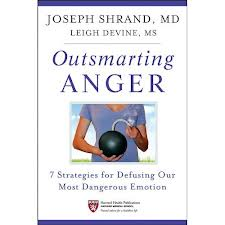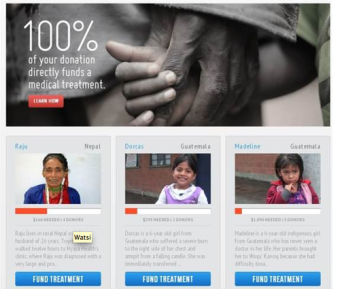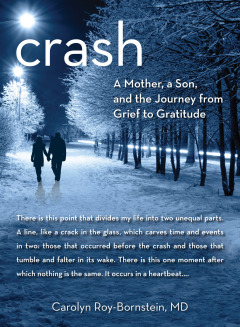Creating A Steady Stream Of Patients
Being successful in any clinical practice depends on a steady flow of patients.
 To be able to get a steady stream of patients, one cannot rely solely on luck. There must be a plan to achieve a single goal. To some, it may be to make a sale, to make money, or to make connections. Whatever line of business you're in, a steady flow of patients is important to achieve success.
To be able to get a steady stream of patients, one cannot rely solely on luck. There must be a plan to achieve a single goal. To some, it may be to make a sale, to make money, or to make connections. Whatever line of business you're in, a steady flow of patients is important to achieve success.
Dov Gordon was kind enough to share his thoughts on the matter and he has summarised in 5 simple steps keep your patients coming.
Make a list of problems you can solve. Before you start selling, of course, you need to know what you're selling, whether it be a service or a product. Identify what you can do, what you can offer, or what problems you can solve. In that list, identify which can generate attention from prospects. You can only get the attention of prospects using two things, you're offering a result that they want that they don't have, or you're offering to solve a problem they have that they don't want. Answer those two and you will certainly get the prospect's attention...not curiousity, but attention.
Make a hand-raising offer that begins to solve the patient's problem. This step is needed in order to build trust with your prospects. Your prospective patients should be able to trust you and what could be more helpful than you providing free services or products? You see a lot of these around. Businesses offering freebies, websites giving away free stuff, free webinars and the like. The key ingredient here is that the offer being given should begin to solve the patient's problem or give him or her a result that he wants.
Choose your words wisely. When I say words, I'm not refering to the keywords you use for SEO. The words you choose should be able to offer the same thing yet make it appealing to your prospect. Have you heard the story about the blind guy holding the sign "I'm blind, please help me." and the woman who changed the sign to "It's a beautiful day, but I can't see it." Both are making the same offer which is a chance to make a difference to the blind guy. But which sign do you think would be getting more notice?
Get your hand-raising offers noticed. This can through a lot of ways, i.e. social media, paid advertising, paper advertising, etc. There is no right or wrong choice here though. Each of has its own strengths and every expert of each would say that you need them. However, just like a plumber whose expertise lie on plumbing and may not have expertise in the architecture of a home, these experts are certainly experts in their own field. However, this is only a piece of the whole thing.
Make an irresistable paid offer. Now this is where it all boils down to, making the sale. Now that you've got the prospect's attention, you've already solved his problem partially, be ready to position yourself to closing in that prospect by polishing up on sales conversations or closing arguments. Take for example a programmer who made a free software with partial features. He would readily be in the position to close the sale by providing instructions in the software itself to avail of the full package. Answer the patient's final question of why should I get the whole thing?
Follow these steps and you can rest assured a steady flow of patients.
 Email This Article |
Email This Article |  Feb 26, 5:24 AM
Feb 26, 5:24 AM 









